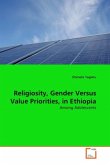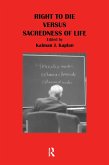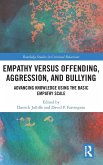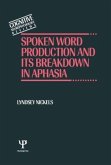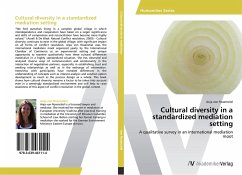This book makes theoretical, methodological, and
empirical
contributions to the design of effective and usable
spoken
interfaces. Specifically it investigates design
implications of two
general approaches to system design - the natural
approach and the
standardized approach - as they relate to generation
of referring
expressions. Both discourse reference and the
generation of scalar
adjectives are explored. The method of this
exploration is adapted
from cognitive psychology, and it is called the
dual-task paradigm.
Participants follow instructions generated by either
a natural or a
standardized system, while doing another simple task
at the same
time. Performance on both tasks, across participants,
is used to
compare the cognitive load of the two systems. Both
the method
and the findings will be of interest to spoken system
developers and
researchers. The book also provides new findings
about the
obligatoriness (and lack thereof) of pragmatic
inference in human
language comprehension, which will be of interest to
psycholinguists, cognitive psychologists, and
cognitive scientists.
empirical
contributions to the design of effective and usable
spoken
interfaces. Specifically it investigates design
implications of two
general approaches to system design - the natural
approach and the
standardized approach - as they relate to generation
of referring
expressions. Both discourse reference and the
generation of scalar
adjectives are explored. The method of this
exploration is adapted
from cognitive psychology, and it is called the
dual-task paradigm.
Participants follow instructions generated by either
a natural or a
standardized system, while doing another simple task
at the same
time. Performance on both tasks, across participants,
is used to
compare the cognitive load of the two systems. Both
the method
and the findings will be of interest to spoken system
developers and
researchers. The book also provides new findings
about the
obligatoriness (and lack thereof) of pragmatic
inference in human
language comprehension, which will be of interest to
psycholinguists, cognitive psychologists, and
cognitive scientists.


